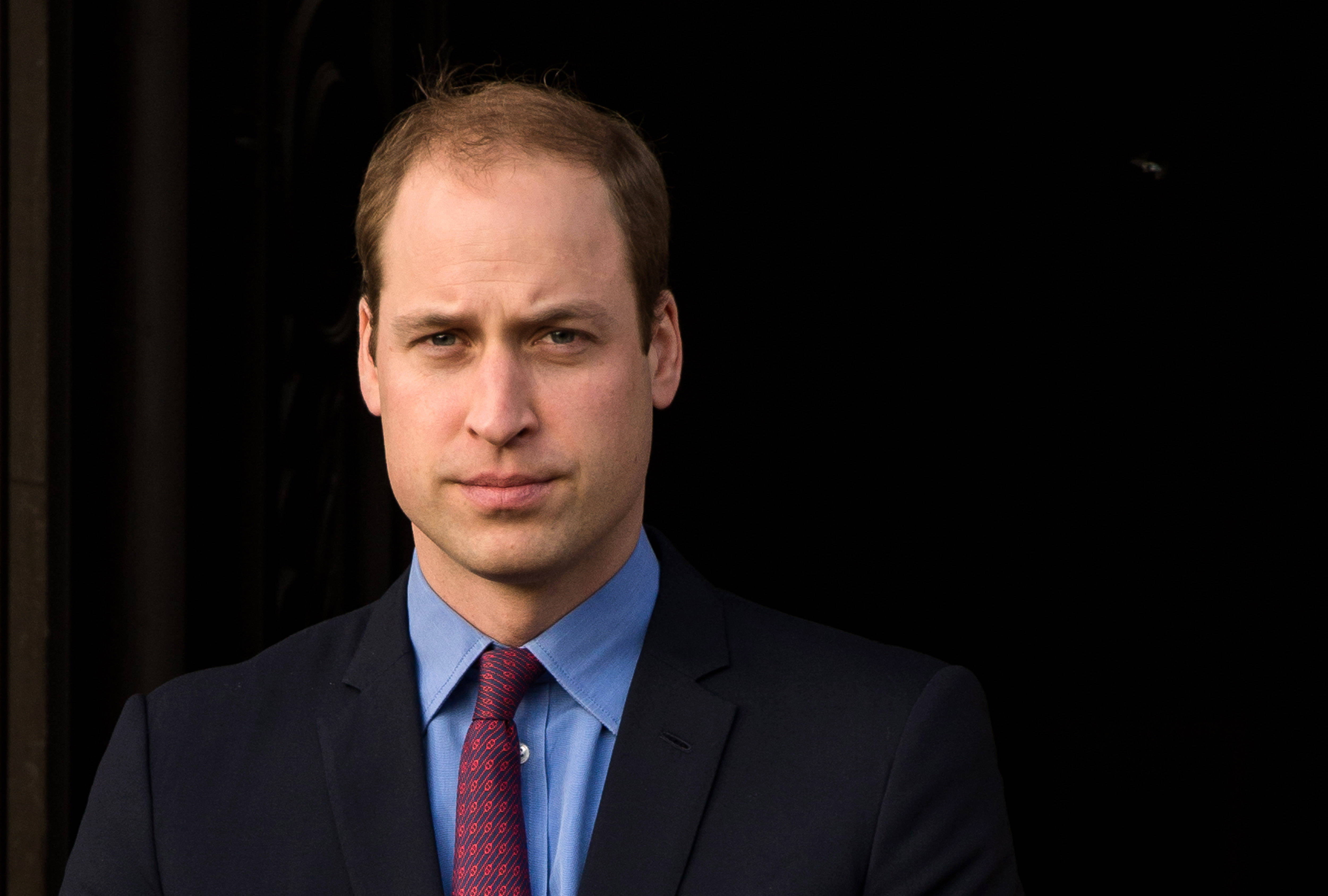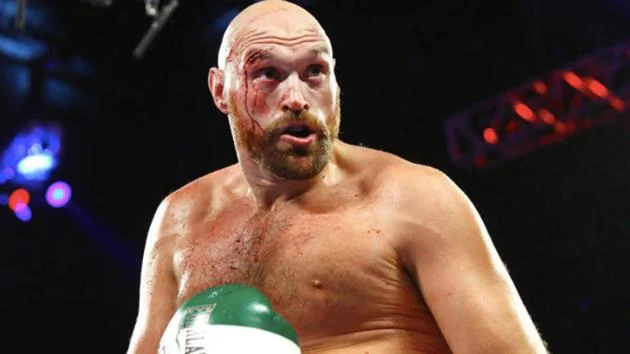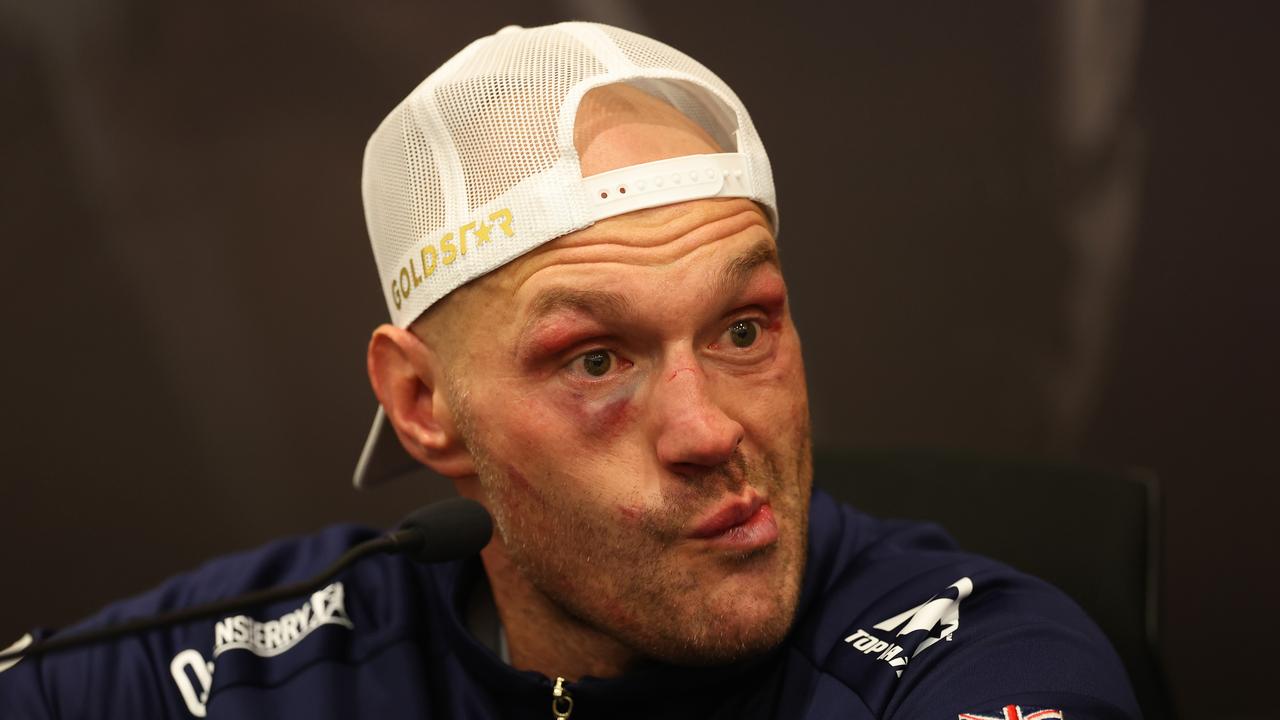The Necklace That Changed Everything: Diana’s Legacy and the Palace Storm

For decades, the British monarchy has weathered scandals, whispers, and public scrutiny. But few stories have carried the emotional weight of one necklace — a dazzling sapphire-and-pearl heirloom once belonging to Princess Diana. It was not merely jewelry. To her sons, it was a fragment of her soul. And when rumors spread that Queen Camila had laid claim to it, the fallout shook Buckingham Palace to its core.
A Jewel Beyond Price
Princess Diana’s necklace was no ordinary royal trinket. Crafted with a rare sapphire, seven South Sea pearls, and diamonds totaling more than fifty carats, it was designed with Diana’s own input. Each time she wore it, the world didn’t just see a princess in jewels — they saw a woman who carried both elegance and hidden sorrow.
To the public, the necklace represented Diana’s charm and compassion. To her sons, it was sacred. A reminder of her dignity, her battles, and the love she carried for her children. For Prince William, the thought of anyone else wearing it — especially Camila — was unthinkable.
Whispers in the Palace
It began as a rumor. Whispers that Camila had privately taken possession of Diana’s necklace, intending to wear it as her own. To some, it was a bold statement of her authority as queen consort. To others, it was a shocking act of insensitivity.
Inside Buckingham Palace, the whispers spread like wildfire. Servants lowered their voices. Advisors shifted uneasily. Guards exchanged glances. For those who remembered Diana, the necklace was untouchable — and the idea of Camila wearing it felt like betrayal.
William Draws the Line
When the news reached Prince William, his fury was quiet but absolute. This wasn’t about wealth or jewels. It was about respect. His mother’s belongings were more than heirlooms — they were living symbols of her memory.
William acted swiftly. Palace staff were ordered to catalogue every piece of Diana’s jewelry and secure it under his authority. He confronted his father directly, telling King Charles that Diana’s memory was not negotiable. “Not Diana’s, never hers,” he reportedly said of Camila.
It was a defining moment — not just as Diana’s son, but as the future king.
Camila’s Silence, the People’s Outrage
Camila, outwardly composed, continued her duties as though nothing had happened. But behind closed doors, allies said she paced restlessly, muttering to herself, wounded by William’s rejection.
When the whispers reached the public, outrage erupted. Old photographs of Diana wearing the necklace resurfaced in newspapers and on social media. Hashtags lit up with fury. Crowds left flowers outside Kensington Palace, as if Diana’s spirit had returned to stand silently against what they saw as injustice.
For Camila, the backlash was brutal. For William, it was vindication. The public had spoken, and their loyalty was clear: Diana’s memory still reigned.
A Legacy Defended
In the end, William’s decision was firm. Camila was quietly barred from touching Diana’s personal belongings. The necklace was returned to safekeeping, locked away as part of Diana’s eternal legacy.
It was more than a family dispute. It was a statement of loyalty, a vow that Diana’s memory would never be erased or rewritten. For William, it was not only an act of love for his mother, but also his first defining move as the heir to the throne.
The Crown’s Silent War
The scandal revealed a deeper truth. In the royal family, jewels are never just decorations. They are symbols of power, loyalty, and history. By attempting to claim Diana’s necklace, Camila had crossed a sacred line. And William’s response made clear that the future of the monarchy would not be built on erasing the past.
Diana was, and remains, the people’s princess. Her spirit lingers in every photograph, every memory, every heirloom she left behind. And through her son, her story continues — a reminder that crowns may pass, but legacy endures.
✨ One necklace. One decision. One storm that changed the palace forever.
Tyson Fury Calls Charlie Kirk a “Martyr” — And Sparks Global Firestorm

In a time of deep political division and emotional unrest, WBC heavyweight champion
Just hours after the news of
“Charlie Kirk — hated by many, feared by the rest. They tried to silence him. But martyrs don’t die. They echo.”
That single sentence, wrapped in biblical weight and political implication, triggered a tsunami of reactions. Fury — known for his outspoken views, Christian faith, and unpredictable presence in both the ring and media — had spoken. And the world was listening.
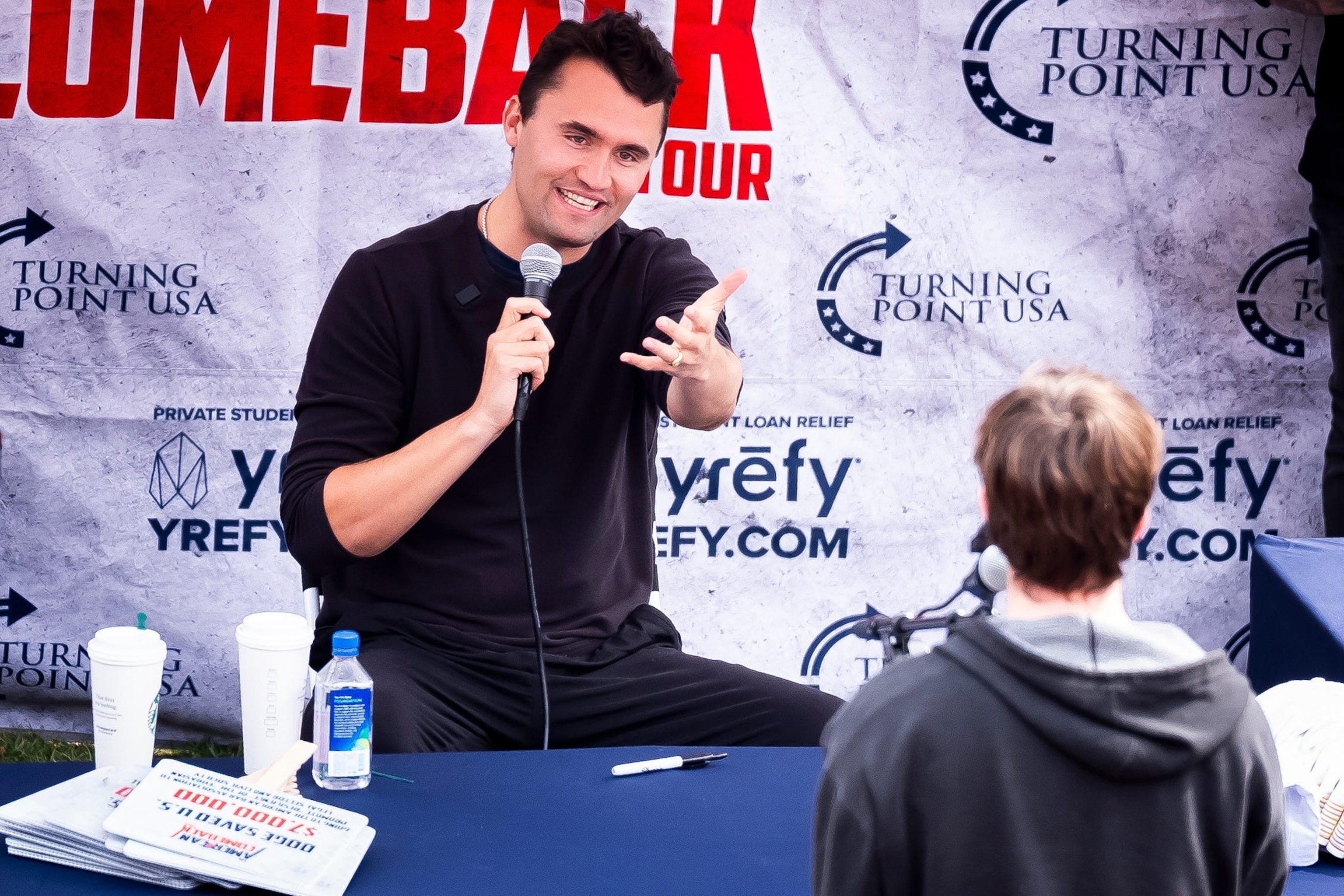
Supporters Call It “Courage,” Critics Call It “Madness”
Within minutes, conservative influencers reposted Fury’s message with praise. Evangelical leaders thanked him for “speaking truth.” Kirk’s wife Erika even shared the story with a prayer emoji and the words:
But not everyone was applauding.
Progressive voices accused Fury of glorifying extremism, with some suggesting that his comment “romanticized political violence.” One viral tweet read:
“Tyson Fury calling Charlie Kirk a martyr? That’s not bravery. That’s dangerous rhetoric.”
Soon, #BoycottFury began trending — with some calling on boxing organizations and sponsors to distance themselves from the champion.
A Fighter’s Faith and Fury
Fury has never been shy about his faith. He often ends interviews with “Jesus is King,” and he’s spoken openly about battling depression, addiction, and the temptations of fame.
But mixing religion with a political assassination? That’s where many feel he crossed a line.
Still, others argue that Fury’s comment wasn’t about politics — it was about conviction.
“He’s not endorsing Kirk’s ideas,” one fan posted. “He’s honoring the fact that someone stood for what they believed in and paid the price. That takes guts to say out loud.”
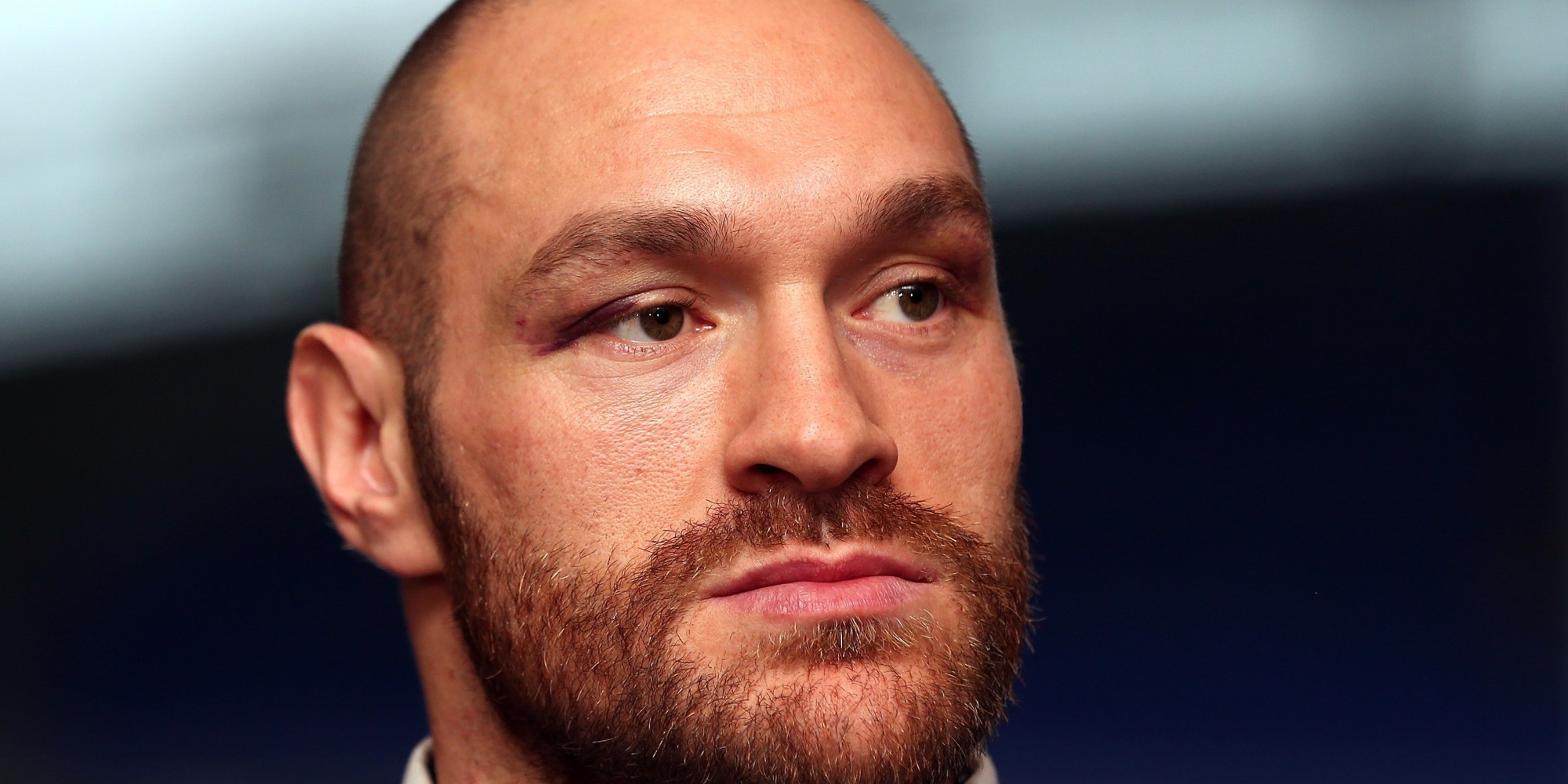
Silence from the Boxing World — For Now
Notably, major figures in boxing have remained silent. Promoters like Frank Warren and Bob Arum declined to comment. Even Fury’s usual verbal sparring partner, Deontay Wilder, has said nothing — yet.
Some speculate that Fury’s statement was spontaneous, others say it was calculated.
“Tyson knows exactly what he’s doing,” one sports media analyst said. “He’s not just a fighter. He’s a brand. A global voice. And he just made sure that voice echoed across every screen in the world.”
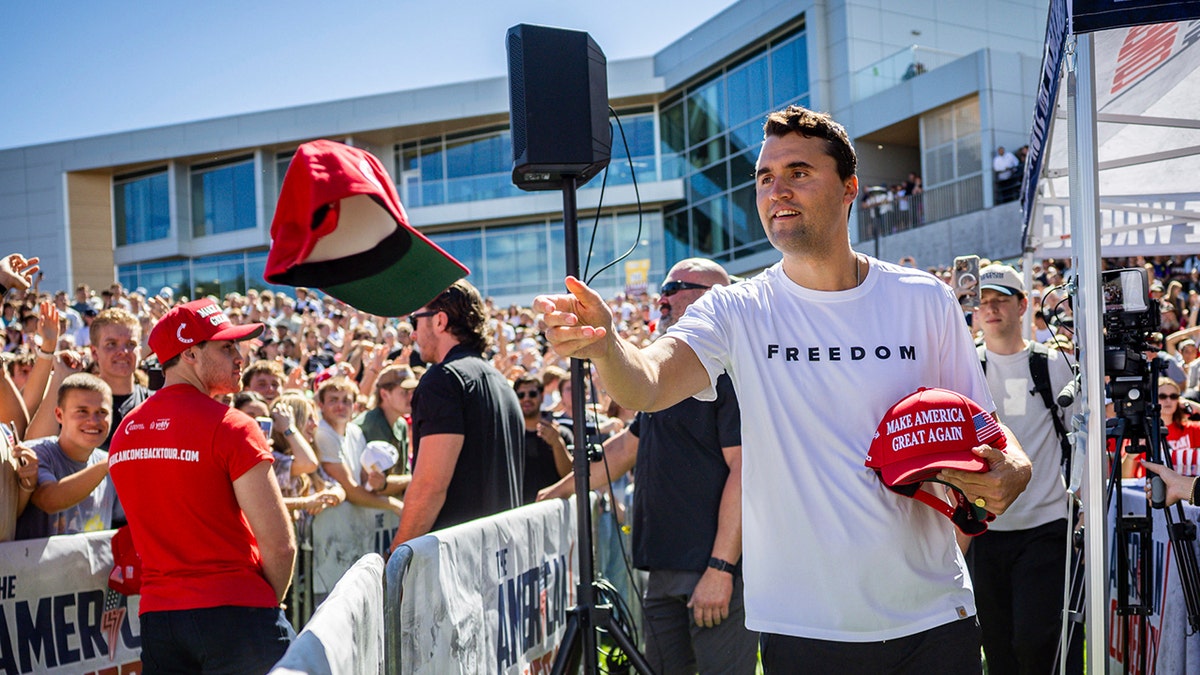
The Line Between Grief and Politics
Was Tyson Fury mourning a man, or fueling a fire? Was it a moment of honest reflection — or a bold, reckless move to seize the narrative?
Either way, one thing is certain: Tyson Fury stepped into a new arena — not of boxing, but of ideology, grief, and legacy.
And in this ring, there are no gloves, no rules, and no referees.
Only consequences.


